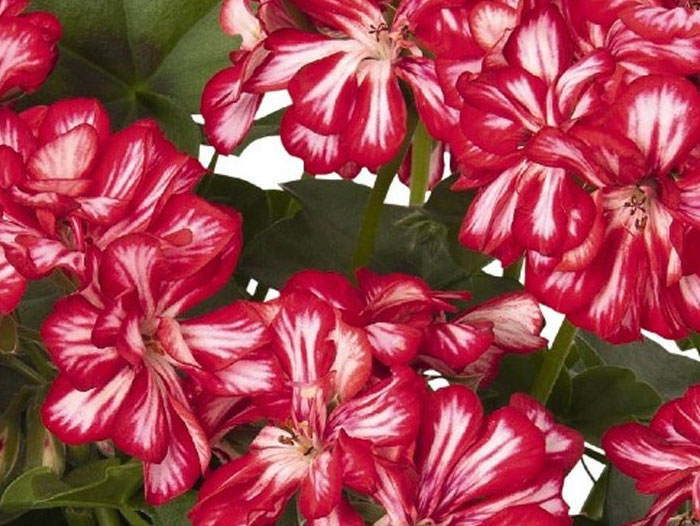APHIS Announces Schedule for Certifying Offshore Greenhouses That Will Ship Geranium Cuttings to the US During 2019-2020 Season
August 23, 2019 | 2 min to read

APHIS announced today that it will conduct annual certification visits in October, November and December to offshore facilities that wish to ship geranium (Pelargonium spp.) cuttings to the United States during the 2019-2020 season. During these visits, APHIS will confirm that the offshore facility meets or exceeds the “Minimum Sanitation Protocols for Offshore Geranium Cutting Production.”
APHIS must physically visit and certify all interested offshore facilities before December 31, 2019.Participating facilities must cover the full cost of these certification visits, including travel, salary, benefits, and overtime. The facilities will provide these funds through a trust fund established through a signed cooperative services agreement.
APHIS established minimum sanitation protocols for offshore greenhouse facilities to keep Ralstonia solanacearum race 3 biovar 2 out of the United States. USDA’s Agricultural Bioterrorism Protection Act of 2002 lists R. solanacearum race 3 biovar 2 as a select agent because it could pose a severe threat to plant health. It causes brown rot of potato, Southern wilt of geranium, and bacterial wilt of tomato and eggplant. The pathogen can be transmitted by contaminated soil, water, equipment, and people who have come in contact with it. It can also spread when infected plants, tubers, or cuttings are moved from one place and planted in another. By ensuring that all offshore facilities meet or exceed minimum standards for greenhouse construction, sanitation, production, and pest management, APHIS can mitigate the risk of R. solanacearumbefore plant cuttings reach our shores.
If you are interested in scheduling a certification visit or would like more information about the protocols, please send an email to Kara Spofford, Offshore Certification Specialist (Kara.L.Spofford@aphis.usda.gov), and Craig Regelbrugge (craigr@americanhort.org), Senior Vice President of AmericanHort, by September 20, 2019.
